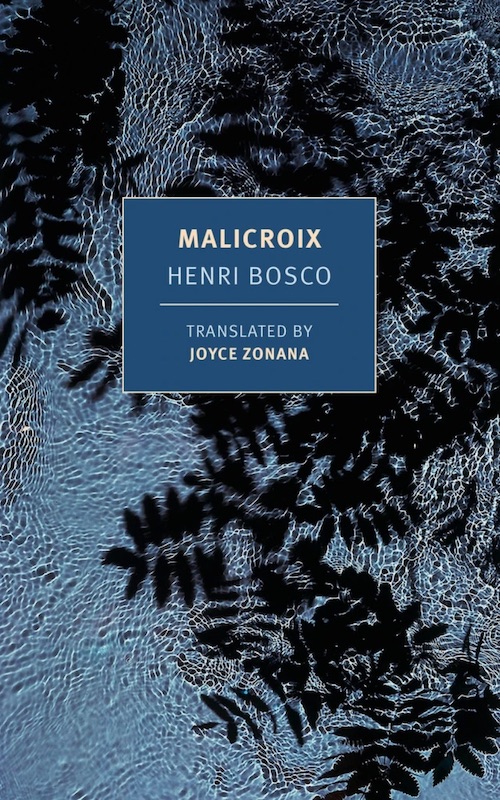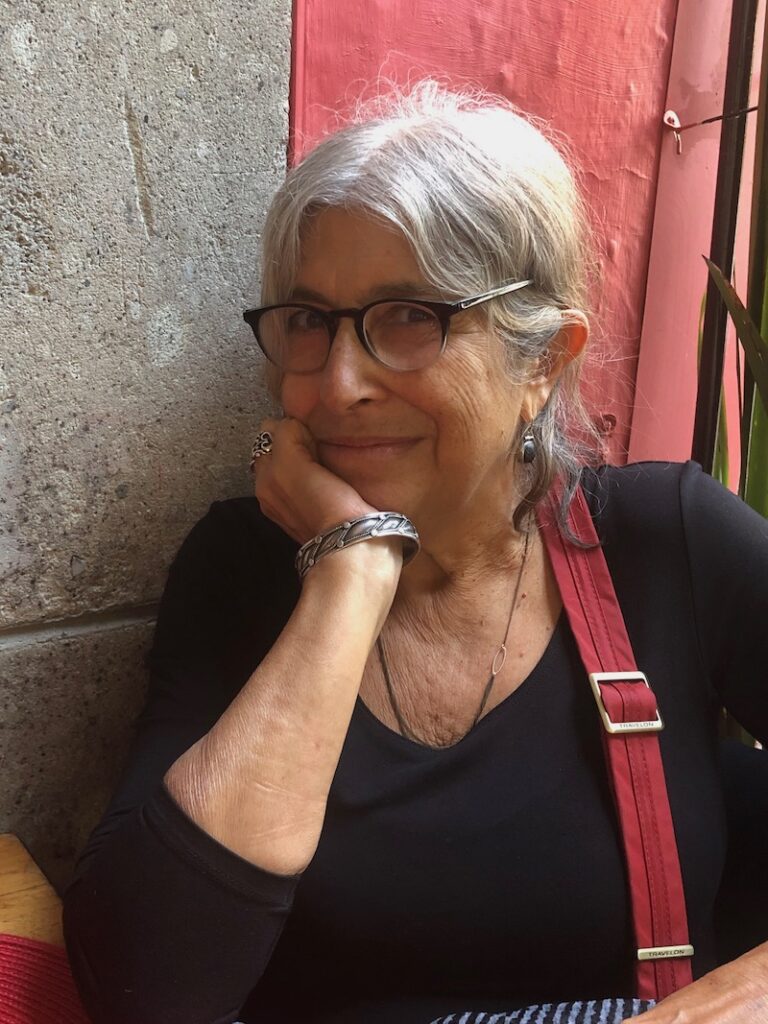A young man inherits a house on an island in the middle of the raging waters of a mighty river from his mysterious great-uncle Malicroix. But to satisfy the conditions of the will, the man must remain on the island for three months, with no other human company save his great-uncle’s taciturn servant, Balandran. And then there will be a further obligation to fulfil…
For the young man, the experience is utterly disorientating. Early in his tale, he contemplates the Rhône:
‘Standing at the tip of the island, on that prow where the wild waters split, I had only the water’s vastness in front of me. The entire landscape was nothing but water in motion, and I was alone, immobile at the centre of this liquid rush, surging with torrential floods that moment by moment swelled at my feet. At the same time, I felt within me the slow ascent of an impersonal force, as if the power and grandeur of the river had suffused me with their own wildness, so much so that I was becoming a river creature. Even my terror had become inhuman, as the current already coursed through me. I was water; water moved within me; and I no longer felt the viscous ground of the island, vanished, along with me, beneath this moving liquid mass.’

Malicroix is set in the Camargue in southern France in the early 19th century and was written in the 1940s by French novelist Henri Bosco. Despite Bosco being a major figure in mid-century French literature, the book remained unpublished in English until this year, when my guest Joyce Zonana’s translation appeared in the New York Review of Books Classics series.
Though Bosco is often mentioned in the same breath as Jean Giono, his close contemporary and fellow novelist from the south of France, John Prince suggested in The French Review in 1974 that there were salient differences between the two men’s writing:
If the mysterious aspect of Provence is apparent in the novels of both Giono and Bosco, the mysteriousness of Bosco takes on a more esoteric, a more mystical, a more disturbing form… Concentration and silence are necessary for the reader to penetrate the strange world [a Bosco novel] unfolds.

For Joyce, translating the book and getting it published in English has been a labour of love, a quest that dates back decades. Like Malicroix, it too involves a great river, the Mississippi, and another remote house, in the Catskill Mountains in upstate New York, which is where Joyce spoke to me from a few weeks ago.
I began by remarking that in a sense she’s been translating nearly all her life, having begun when her Orthodox Jewish parents emigrated with her from Cairo to Brooklyn (an experience she describes in her memoir, Dream Homes)…
